Towards Health Equity, Together for a Shared Future
On November 19, the 2nd World Health Forum, organized by Tsinghua University and co-hosted by Tsinghua Vanke School of Public Health and Tsinghua Institute for Healthy China, kicked off at Tsinghua University in Beijing. The forum is themed Towards Health Equity, Together for a Shared Future.
The forum attracted distinguished guests from public sectors in public health, prestigious universities and institutions, international organizations, top journals and NGOs from more 10 countries and regions. Opening remarks were delivered by Li Bin, Vice Chairperson of the 13th National Committee of the Chinese People's Political Consultative Conference (CPPCC), Cao Xuetao, Vice Minister of the National Health Commission, Wang Xiqin, President of Tsinghua University, Bill Gates, Co-chair and Trustee of the Bill & Melinda Gates Foundation, and Margaret Chan, Chairperson of the World Health Forum and Founding Dean of Tsinghua Vanke School of Public Health. Tsinghua Vice President Zeng Rong hosted the opening ceremony.
Jürg Burri, Ambassador of Switzerland to China, Liang Wannian, Executive Vice Dean of Tsinghua Vanke School of Public Health, Wang Kaibo, Vice Dean of Tsinghua Vanke School of Public Health, and representatives from the National Health Commission and the Chinese Ministry of Education, diplomatic officers from other countries to China, as well as representatives of UN agencies and international organizations in China, also attended the opening ceremony. More than 100 faculty members, research fellows and students from Tsinghua University participated in the opening ceremony.
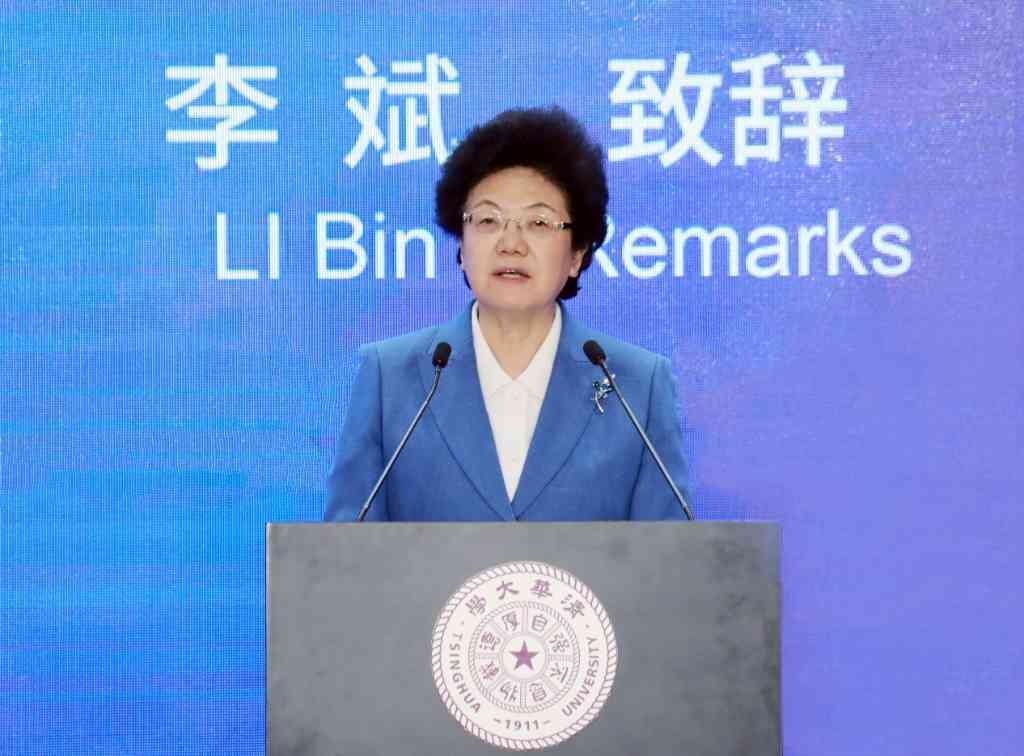
Li Bin stressed that public health is an integral part of Chinese modernization. President Xi Jinping has clearly put forward that we must give strategic priority to ensuring the people's health and improve policies on promoting public health. This fully reflects the Chinese government’s high concern about people's health and well-being, and about the people-centered philosophy of development.
She reviewed a series of landmark achievements in the reform and development of Chinese characterized health services, as well as the efforts made by the Chinese government to advance "health equity" in the process of building a healthy China.
She pointed out that, to achieve health equity, improving global health governance with the spirit of solidarity, multilateralism and continuing to open up to the outside world are essential. She hoped that through in-depth discussions on issues related to health equity, the forum would build consensus, promote cooperation, and contribute to a brighter future of human health.
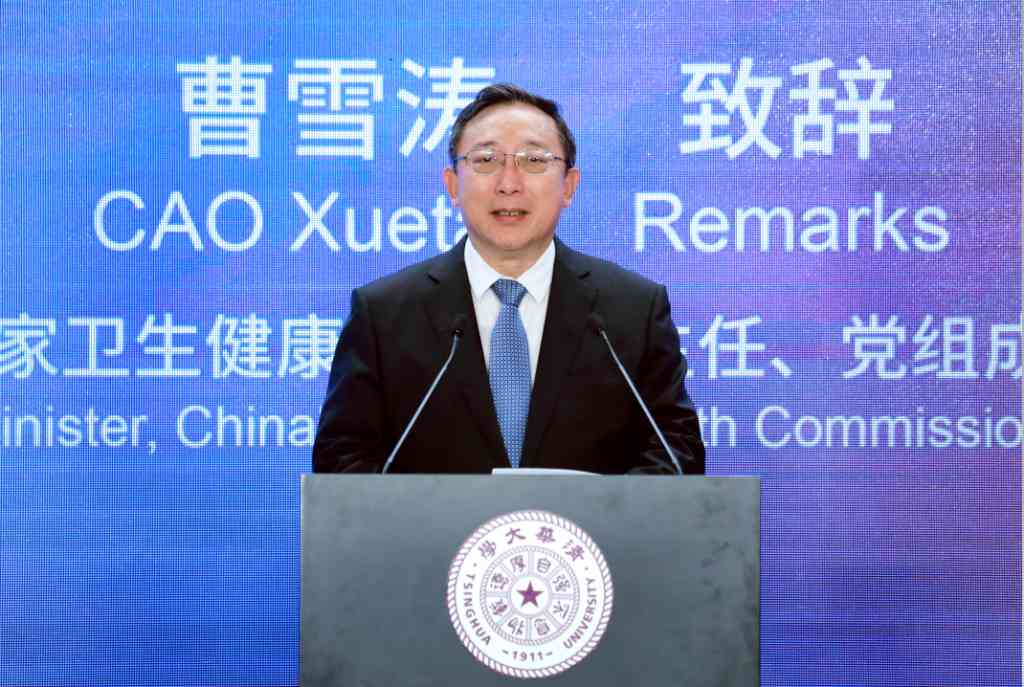
Cao Xuetao, based on the report of the 20th CPC National Congress, stressed that the Chinese government adheres to people-centered philosophy, and has been implementing a series of practical measures and making unremitting efforts to achieve the goal of "basically achieving health and equity by 2030".
He pointed out that the realization of global health equity requires common wisdom and efforts of the international community. Information exchanging and experience sharing among countries need to be improved. China will continue to deeply participate in global health governance, actively implement the global development initiative, unite and cooperate to fight the epidemic, promote international cooperation and exchanges in health, and advance the building of a community of common health for mankind.
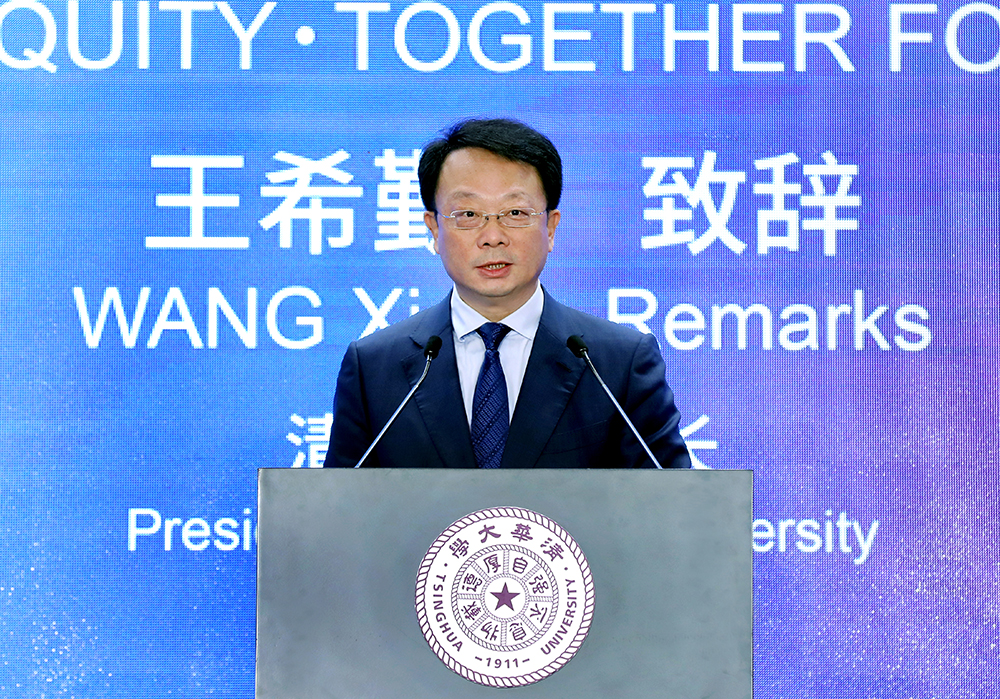
Tsinghua President Wang Xiqin stated that a university is a place where human civilization can be inherited, integrated, and developed. It has combined functions of scientific innovation, talent training, and international exchanges and cooperation. Universities must take the responsibility of protecting human life and health, and promoting health equity. Tsinghua University adheres to putting the people and their lives above all else, giving high priority to public health, and supporting it as a key development area of the University. He also said the University will make relentless efforts to apply systems thinking, maintain a global vision, and keep itself open and inclusive, so as to enhance mutual learning and exchanges with global partners, and play an important role in achieving “Universal Health Coverage” and building a community with a shared future for mankind.
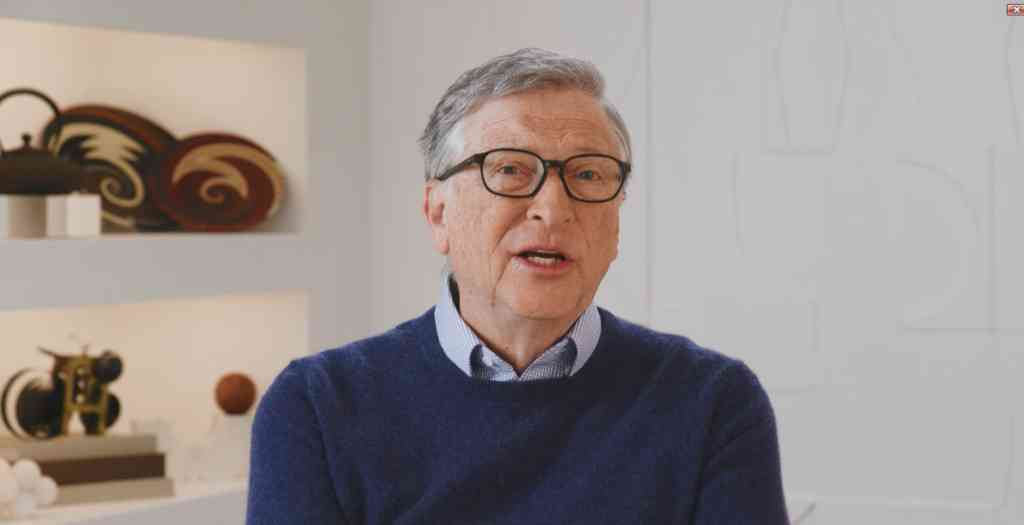
Mr. Bill Gates pointed out that to make COVID-19 the last global pandemic, the world needs to do the right things, including more capacity in vaccine manufacturing, a better health system to ensure equal and quick access to vaccines, stronger disease surveillance, especially in low- and middle-income countries. He also emphasized the commitment of the Gates Foundation to bringing partners together from across sectors and national boarders to achieve shared goals.
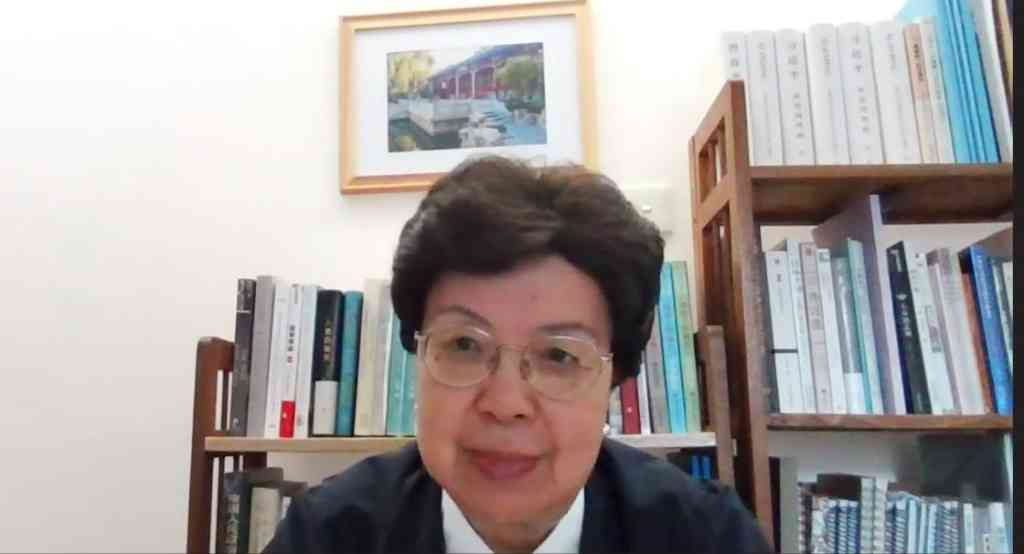
Margaret Chan said that achieving health equity is a long and complex objective. To achieve this, we should implement a fair and people-centred development policy and “Leave no one behind”; we should unite political, economic, and social efforts; we should mobilise the power of science and technology; and we should address the climate crisis that is preventing health equity. She reinforced that the international community must act urgently in solidarity to achieve health equity.
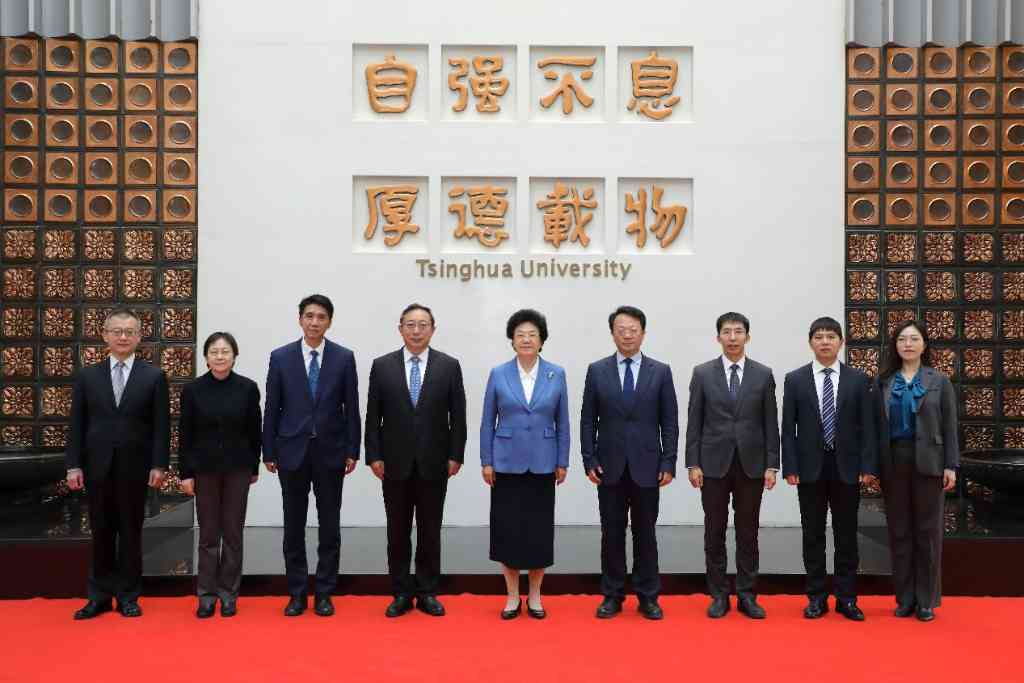
The two-day forum will convene 70 global scholars, members of international organizations, industry leaders, academics and futurists from more than 10 countries and regions to take a long view on the following topics, including Building an inclusive mental health service system for all; leave no one behind: Address Health Issues of Vulnerable Populations; Achieving health equity with political, economic and social efforts; Universal Health Coverage: The Power of Science and Technology; Climate Change and Health Equity; and Realigning Health and Poverty Alleviation towards the 2030 SDG Goals.
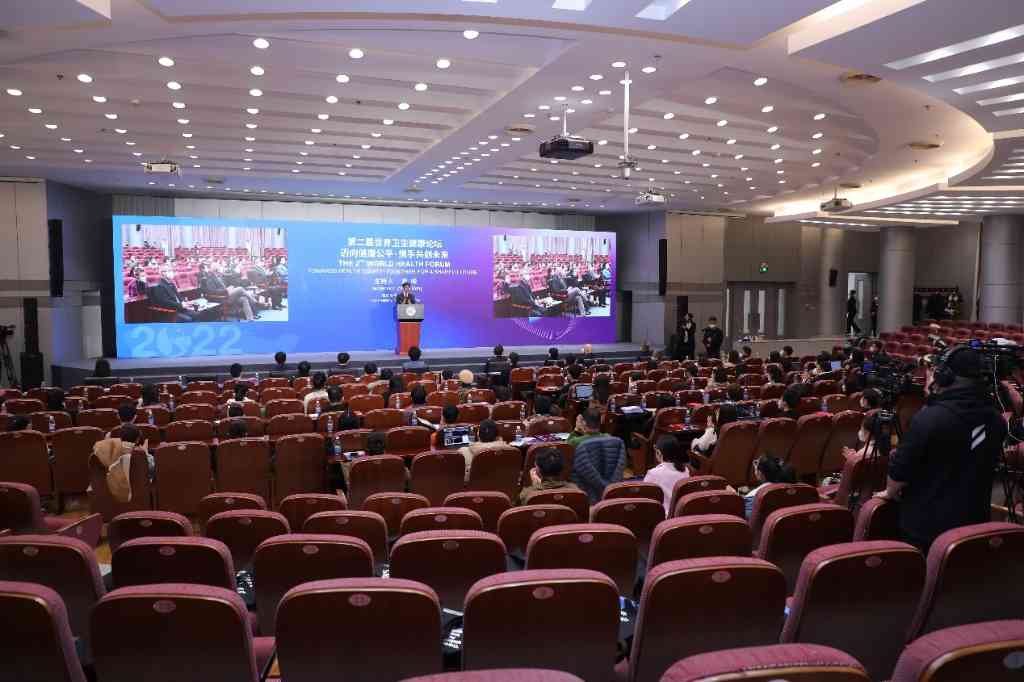
The World Health Forum was initiated by Tsinghua University in 2021. It aims to provide a platform for dialogue, academic exchanges and experience sharing, to strengthen capacity building and system building of global health governance, and to contribute to the UN 2030 Agenda for Sustainable Development and the building of a community of common health for mankind.